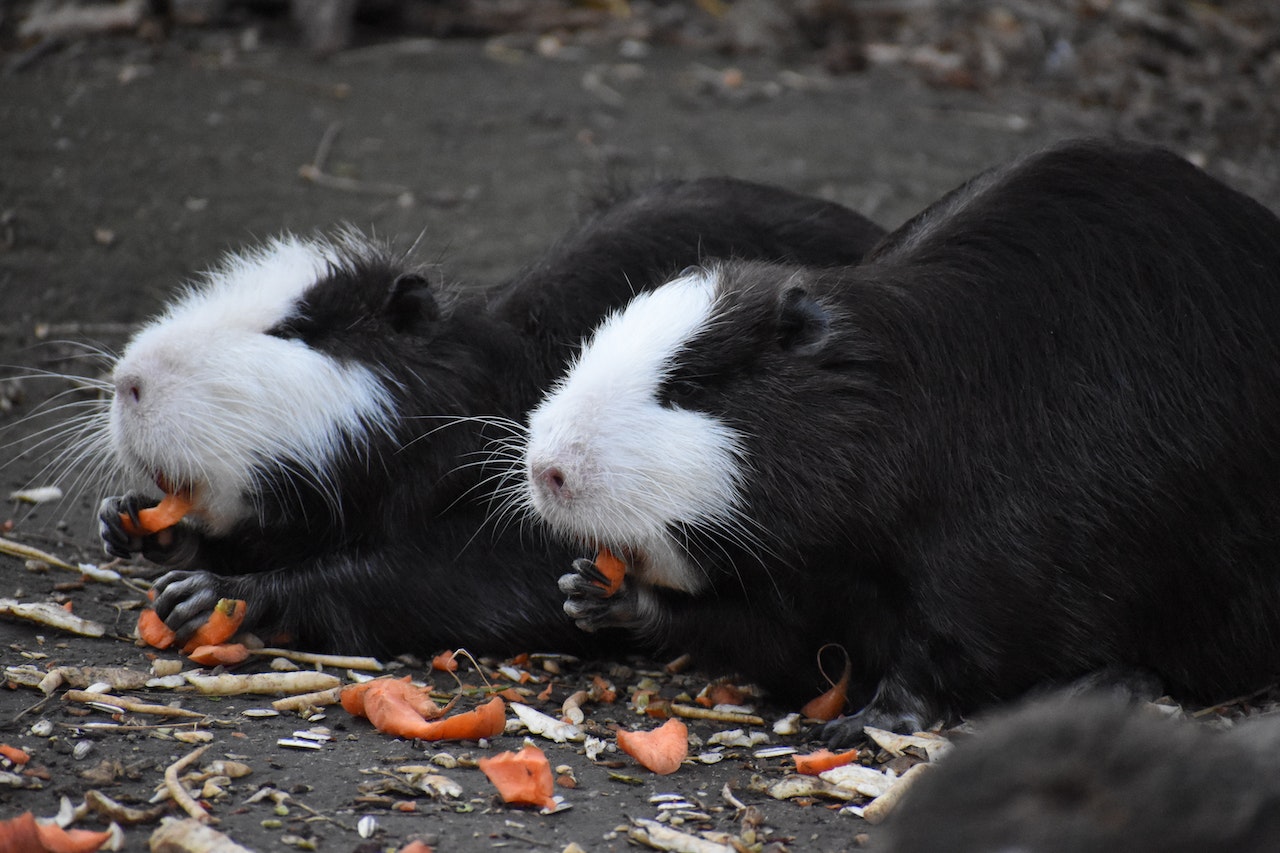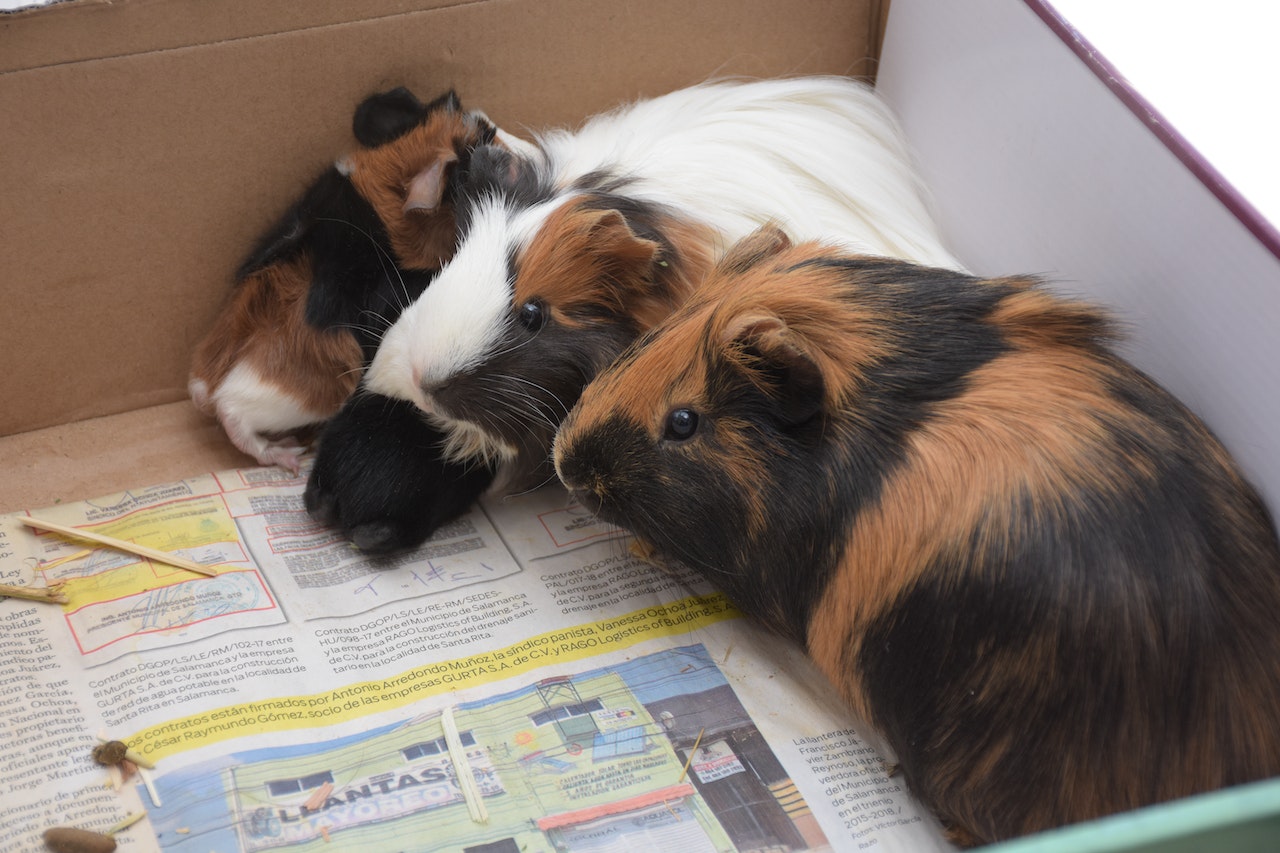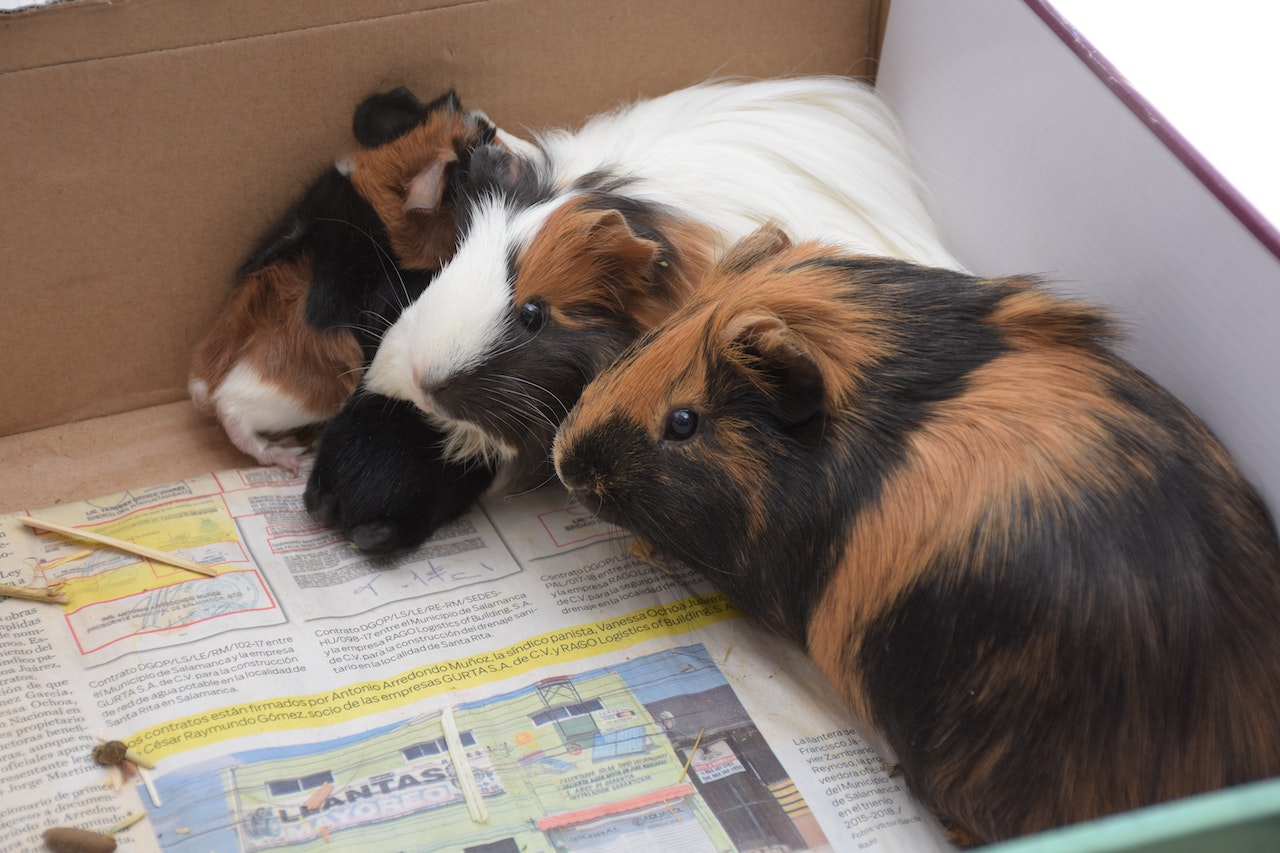
Pea also known as a garden pea is the seed or the seed pod of a fruit called Pisum sativum. They are green, purple, or yellow when ripened in color and are developed from the ovary of a flower. They come in several varieties, but the green peas are the most prominent. Other varieties include yellow peas, black-eyed peas, and purple peas. However, studies have shown that peas are extremely nutritious legumes, and eating peas regularly is very good for the health of humans.
Moreover, peas are considered a superfood because they are nutrient-dense food, meaning they are low in calories but high in essential vitamins and minerals. They are a great source of plant-based protein and fiber, as well as vitamins A, C, and K. Additionally, they are a good source of folate, magnesium, iron, and potassium. However, can guinea pigs benefit from the nutrients in peas? Can guinea pigs even eat peas? Answers to these questions and all other questions will be explained in this article
Can Guinea Pigs Eat Peas?
Yes, guinea pigs can eat peas, but it should only be in moderation. Guinea pigs are little but sensitive animals that obtain nutrients majorly from vegetables, Hay, or fruits. However, peas are not vegetables, but that does not mean they can not eat peas. Peas are one of the highest nutritional legume crops (they contain vitamin C and every other type of nutrient needed for the healthy development of a guinea pig). However, they also contain some nutrients which should not be present in high proportion in the body system of your little cavies, and examples are Calcium, sugar, acid, and phosphorus. Hence, it is essential to understand the correct proportion of feeding peas to your cavies before serving them to them.

What is the correct serving size for feeding peas to guinea pigs?
Since peas are considered tasty food and are also enriched with a lot of sugar, calcium, and acidic content, then you should be aware of the correct proportion you should feed to them. It is essential to follow the standard proportion because the wrong proportion can lead to detrimental health risks. But in the meantime, do not allow your guinea pigs to eat more than 1-2 pea pods once a week. To attain the daily right macronutrients your guinea pigs need, you should serve it with other vegetables that contain little amount of sugar to balance out.
However, if you are just feeding it to them for the first time, it is best to feed a lesser proportion to the standard proportion to them and also place them under 24-hour observation to look out for any bad signs or allergy reactions.
Can guinea pigs eat frozen peas?
No, guinea pigs should not be given frozen peas or any other frozen food for that matter. Frozen peas do not offer any additional nutrients to your cavies, instead, you will see them causing damage to the teeth and digestive system of your little cavies since they will be difficult to chew or absorb in the bloodstream. However, if you are interested in feeding frozen peas to your pets, make sure to place them in warm water to increase the temperature of the pea to room temperature before serving them to your little cavies.
Can guinea pigs eat cooked peas?
No, guinea pigs can not eat cooked peas or any cooked food. This is because they do not contain the enzymes required in breaking down cooked food in their digestive system. Hence, feeding cooked food to them will lead to them falling ill and eventually requiring a trip to a veterinarian doctor.
Can guinea pigs eat sweet peas, sugar snap peas or snow peas
Guinea pigs can eat all varieties of peas since they all have various beneficial nutrients embedded in them. To start with sweet peas or ordinary peas or garden peas contain a decent amount of vitamin C, fiber, and carbohydrates, these are required in a specific amount for the development of your little cavies. However, the downside to eating sweet peas is that they contain a high amount of sugar content compared to other regular peas, and this may eventually lead to diabetes if served in high proportion to your pets.
Sugar-snap peas or snow peas are other varieties that your little cavies can feast on, however, they should also be served in moderation to your pets to avoid serious health risks.
What are the nutritional and health benefits of feeding peas to guinea pigs?
Peas have lots of fiber
Fibre helps with good digestion, thereby avoiding constipation. Also, fiber tends to fulfill your little cavy's appetite to avoid binge eating them, thereby regulating body weight.
Peas are rich in iron
Normal amounts of iron in the blood give guinea pigs strength and help them be energetic by avoiding fatigue.
Peas have low fat and low calories
Compared to other legumes, green peas have fewer calories. Thus, they may be perfect for pets' weight loss.
Peas have a high protein content
Pea proteins have flavor, solubility, emulsifying, foaming, and gelling capacity. Thus, peas can be a natural protein supplement for pets that have a deficiency of protein. Just include them in their everyday diet.
Peas have high amounts of vitamin C
The vitamin C and antioxidants in peas can keep your little cavies young and help to fight early ageing. They also improve their immune system and help to fight against a disease called Scurvy.
According to a study, nutrients in peas have antioxidant, antimicrobial, antihypertensive, and antidiabetic activities. Studies are also being conducted to find the effect of peas on microorganisms in the gut and their overall impact on both human and animal health.
Possible health risks of feeding peas to guinea pigs
High sugar content
Pea has a high amount of sugar content, and since the digestive system of your pets does not support too much sugar, overfeeding your pets will lead to health risks like diabetes, obesity, and other related problem.
High calcium and phosphorus content
Peas contain high amounts of calcium and oxalic acid, which can result in kidney or bladder stones when present in high amounts in the body. They also contain high amounts of phosphorus which may affect their growth
Conclusion
Guinea pigs can eat peas, but it should only be in moderation. This is because each varieties of peas contain different proportion of sugar, calcium, and acidic content and too much of these may result in detrimental health risks. However, the nutritional or health benefits attached to feeding peas to guinea pigs have been explained above.



